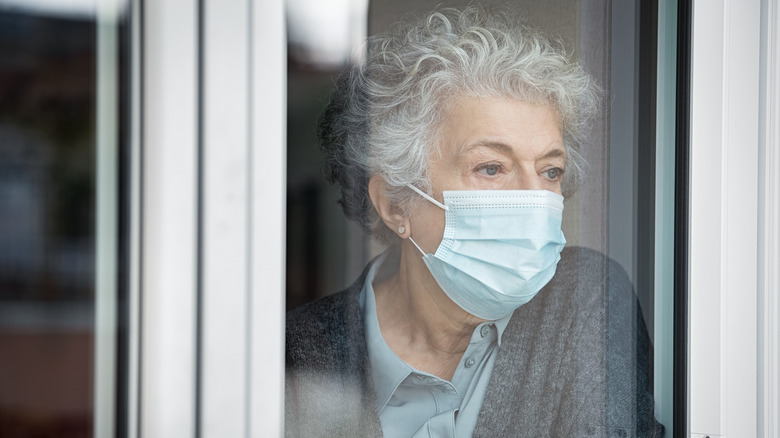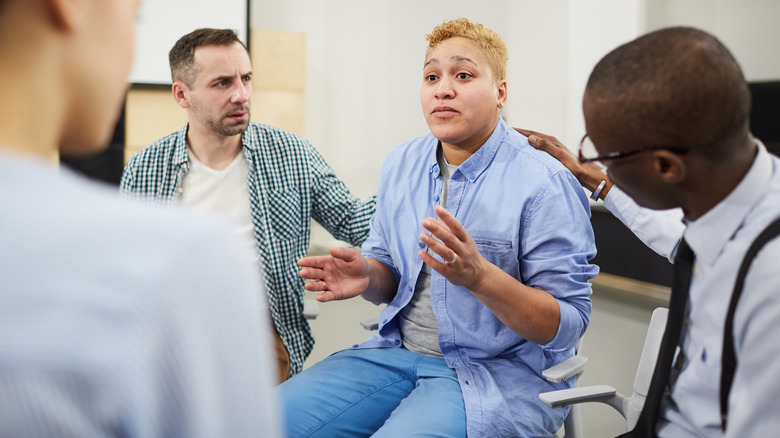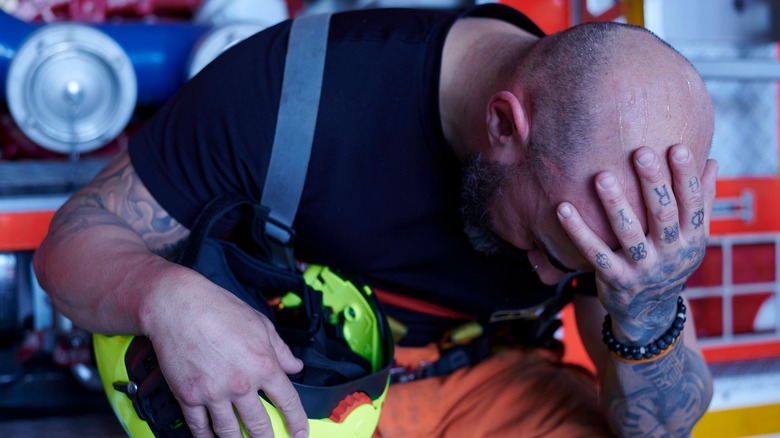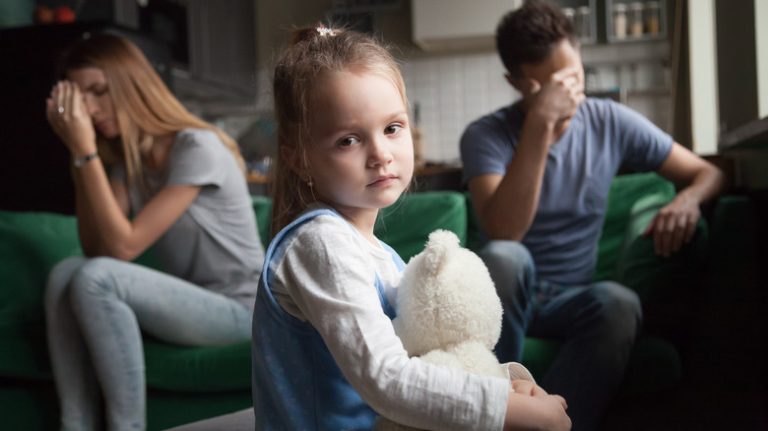In a 2024 narrative review published in the Journal of Family Medicine and Primary Care, researchers noted that instability, anxiety, stress reactions, and psychological trauma are often seen in individuals, as well as communities, following a natural disaster. In an exclusive interview with Health Digest, Dr. Sanam Hafeez, NYC Neuropsychologist and Director of Comprehend the Mind, discusses the importance of accessible mental health support services for those affected in the aftermath of such events.
“Though the wreckage from a physical or natural disaster may wane in days, weeks or months, the psychological trauma can sometimes last for years depending on the degree of the disaster and if there was death or trauma involved,” she states. Dr. Hafeez goes on to explain that while the average person may not find themselves in need of psychological intervention following a natural disaster, many go through different phases of emotional recovery, particularly those who may have experienced greater degrees of loss that can have long-term effects.
Phases of emotional recovery following a natural disaster

“Different phases can occur with natural disasters such as the pre-disaster phase, which includes feelings of vulnerability and fear, the impact, where people can experience panic, confusion, and shock,” Dr. Hafeez explains. She states that this phase often precedes feelings of family protectiveness and self-preservation. The next two phases, she states, are characterized by community action and collective support. “The heroic phase occurs when neighbors or first responders band together to act in altruistic or rescue-driven ways. The honeymoon phase is characterized by community bonding and empathy, however, this typically lasts for only a few weeks.”
In subsequent phases, Dr. Hafeez shares that long-term disillusionment can set in for a period of months or years after the fact. Anniversaries of a natural disaster, in particular, can be especially triggering for those affected, she states. “In this phase, people can feel exhausted, stressed, downtrodden, and even turn to substances such as drugs or alcohol to manage these feelings,” she explains. For most people, Dr. Hafeez states that it takes about a year to reach the final phase of recovery. “The final stage is reconstruction which usually starts a year following a disaster,” she says. “This is when people take steps toward piecing their lives back together and accepting and adjusting to a new normal, although they may still feel grief.”
Signs someone may be experiencing the mental health impacts of a natural disaster

“People exhibit and experience emotional trauma in different ways,” Dr. Hafeez states. She explains that disaster-related trauma can have effects on both our physical and mental health. For some, this can take the form of anxiety, depression, irritability, mood swings, distress, compassion fatigue, shock, guilt, or burnout, amongst other emotional states. Others may experience flashbacks or symptoms of post-traumatic stress disorder (PTSD). The psychological trauma resulting from a natural disaster can also impact one’s interpersonal relationships and behavioral patterns, notes Dr. Hafeez. In terms of one’s physical health, trauma can also take a toll on our sleep and eating habits.
For those who are experiencing the mental health impacts of a natural disaster, Dr. Hafeez shares that there are support resources available for those in need. Additionally, she offers suggestions as to how people can preserve their mental health following these events.
Protecting one’s mental health in the aftermath of a disaster

SeventyFour/Shutterstock
To help protect one’s mental health in the aftermath of a natural disaster, Dr. Hafeez encourages individuals in need to seek support, whether it be through friends, family members, or a support group. “Seek out and bond with others who have been through the experience,” Dr. Hafeez suggests. “Often, ‘groups’ like these can be found on Facebook or through places of worship.” Alternatively, Dr. Hafeez adds, “Seek the help of a mental health professional if the event affected you severely.”
Furthermore, Dr. Hafeez emphasizes the value of maintaining healthy routines. “Try to regain a normal routine as soon as is physically, mentally and geographically possible,” she says encouragingly. Specifically, Dr. Hafeez offered the following suggestions, “Adhere to constructive behaviors or habits such as eating week, exercising, sleeping enough and not masking feelings by abusing drugs or alcohol.” If possible, Dr. Hafeez also encourages individuals to hold off on making any major life decisions until one feels emotionally stable enough to do so.
Seeking disaster mental health support services

Rawpixel.com/Shutterstock
When seeking resources for mental health support specific to natural disasters, Dr. Hafeez offers the following suggestions. “SAMHSA’s Disaster Distress Helpline provides 24/7, 365-day-a-year crisis counseling and support to people experiencing emotional distress related to natural or human-caused disasters,” she states. She also highlights The Disaster Distress Helpline, which can be reached 24 hours a day year-round at 1-800-985-5990. The toll-free, multilingual hotline provides confidential disaster-related crisis counseling support services nationally. Alternatively, Dr. Hafeez suggests that individuals utilize FEMA’s Individual Disaster Assistance website, or call them at 1-800-621-3362 (TTY: 1-800-462-7585) for disaster assistance. Dr. Hafeez points out that The Red Cross, social media groups, and places of worship can also be helpful resources for those affected by disasters.
To find out more about Dr. Hafeez, visit www.comprehendthemind.com.
If you or someone you know needs help with mental health, please contact the Crisis Text Line by texting HOME to 741741, call the National Alliance on Mental Illness helpline at 1-800-950-NAMI (6264), or visit the National Institute of Mental Health website.








